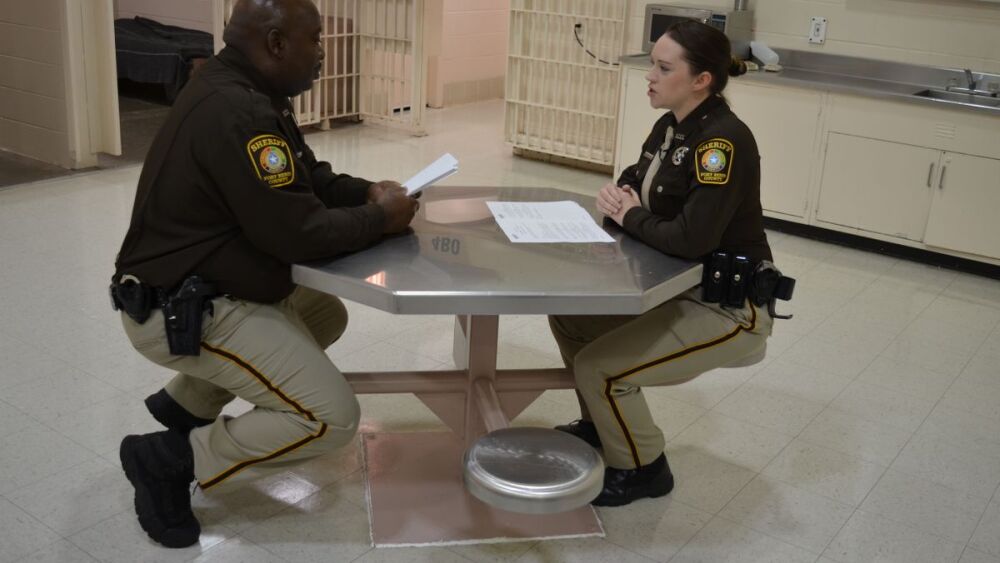As leaders in corrections, we face significant potential for legal ramifications. This often leads to immediate disciplinary action when a mistake occurs as a way to protect ourselves from these legal consequences. When something happens and mistakes are made, we must take action. However, disciplining someone for making a mistake is not always the best approach. We have other options that promote a learning environment where our officers are not afraid to take the initiative. These options include training and self-reflection.
Assessing training
When a mistake is made, the first thing to consider is training. Did the officer receive adequate training to perform this task? Consider these questions:
Instructor: What qualifies the instructor to teach this topic? Simply having years of experience doesn’t make someone a qualified instructor. Knowing the information does not necessarily mean they can adequately pass it on to others.
Environment: Was the learning environment conducive to education, or was it full of distractions?
Timing: How long ago was the training? All training has an expiration date. If any of these aspects were less than optimal, then remedial or department-wide training is the solution.
Looking inward
If the officer received adequate training from a qualified individual in a conducive setting, the next step is more challenging: self-reflection. Was the mistake a result of a behavior you have been aware of but not addressed? Do you display the same behavior? Remember, “It’s not what you preach, it’s what you tolerate,” as Jocko Willink writes in “Extreme Ownership.”
If you have observed negative behavior and not taken action, it’s time to address it. Sit down with the officer, explain how you failed to address the behavior that led to this situation, and make it clear that it needs to stop. Discuss the potential outcomes their behavior could have led to, and document this discussion, including your own failures and how you plan to correct them.
Creating future leaders
Our job as leaders is to create future leaders. When we discipline everyone who makes a mistake, we discourage them from stepping outside their comfort zone. If people no longer work outside their comfort zone, they stop learning. No learning means no growth. By improving our training standards and holding ourselves to a higher standard, we can unlock the hidden potential in our people and breathe life into it.



